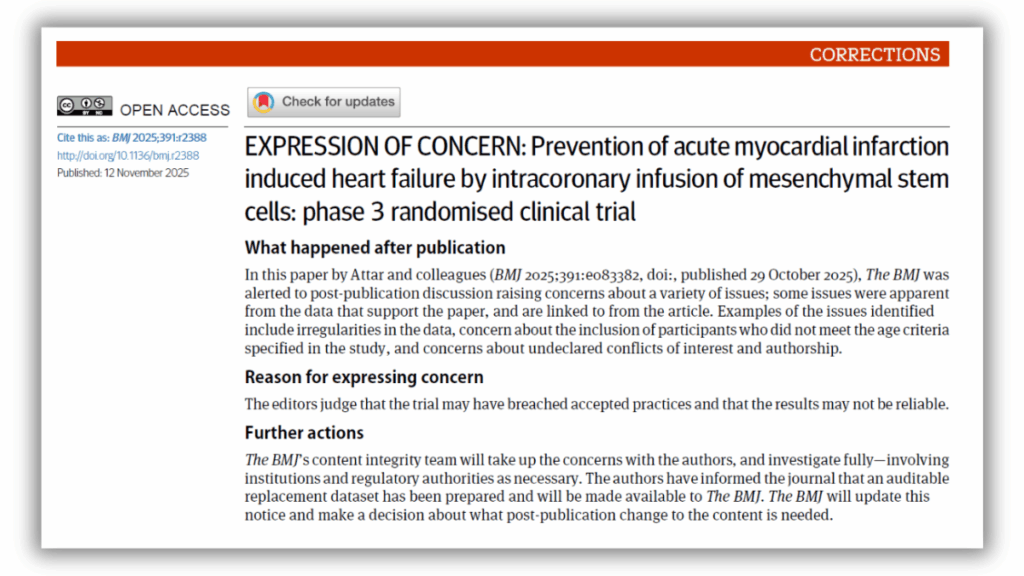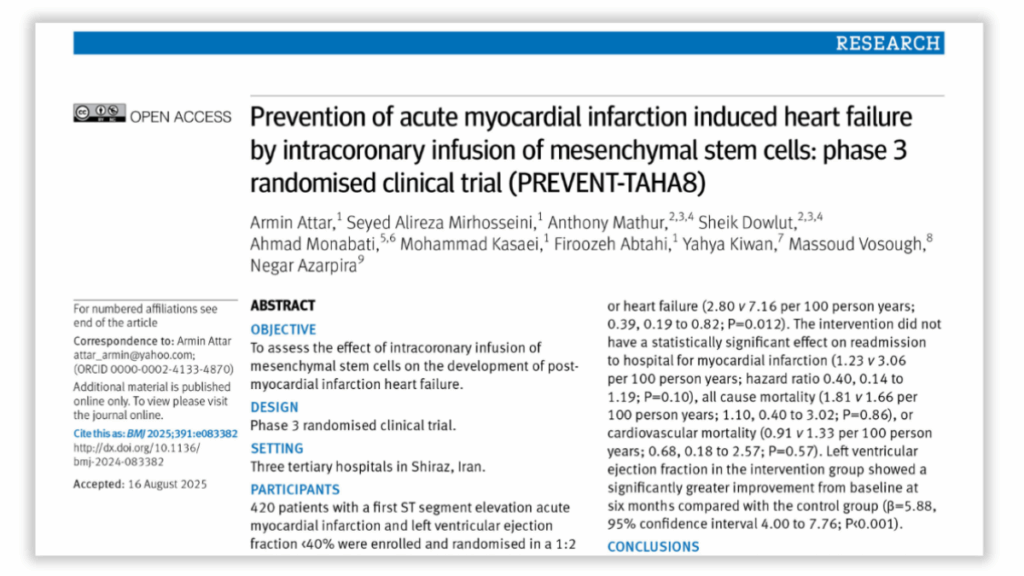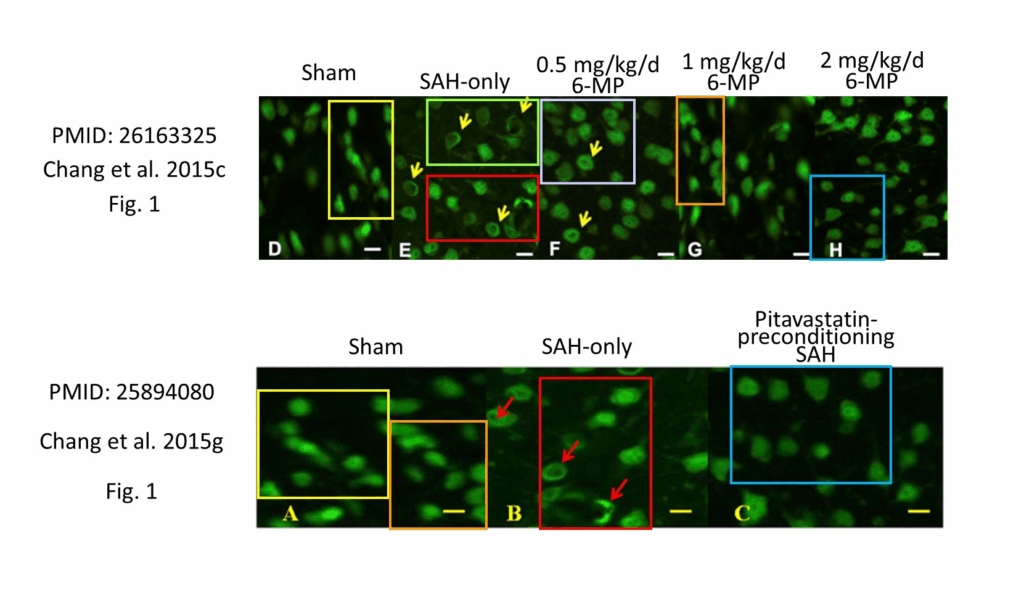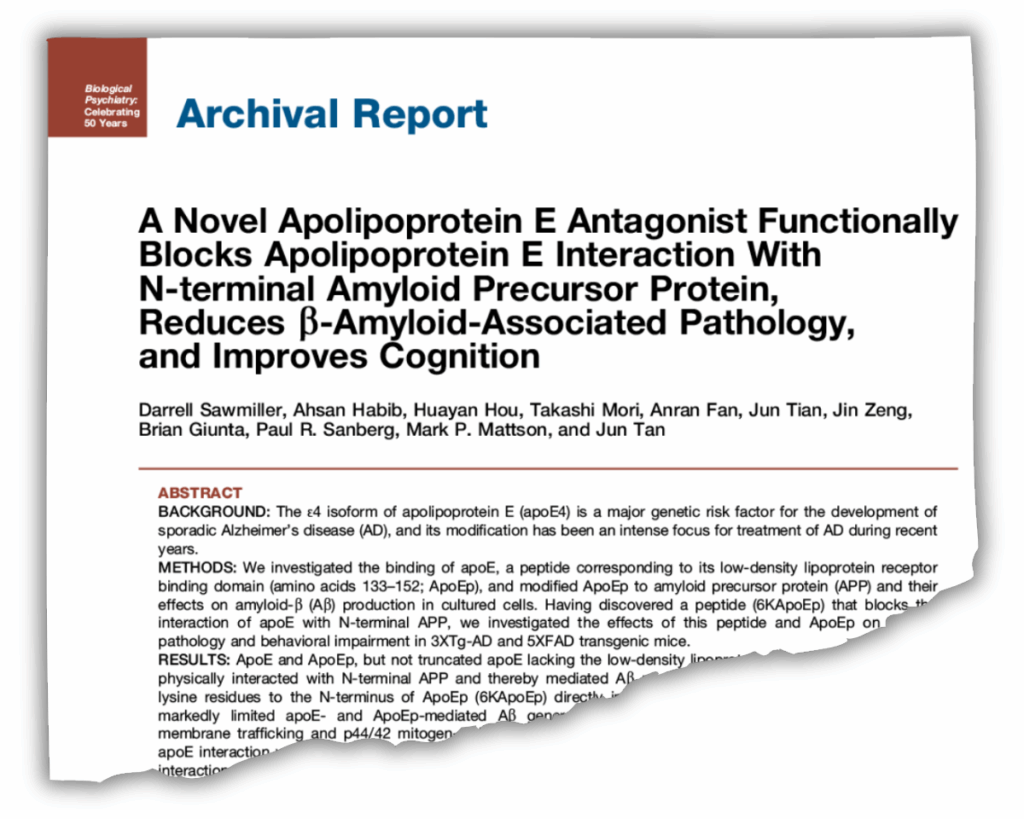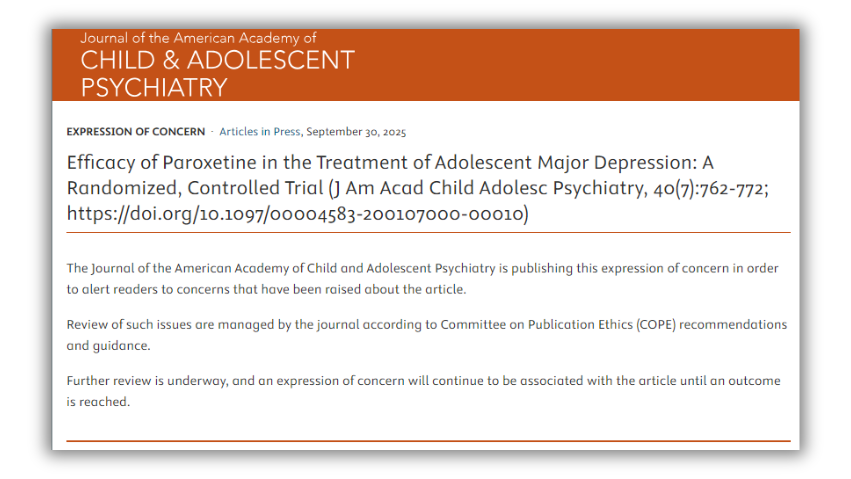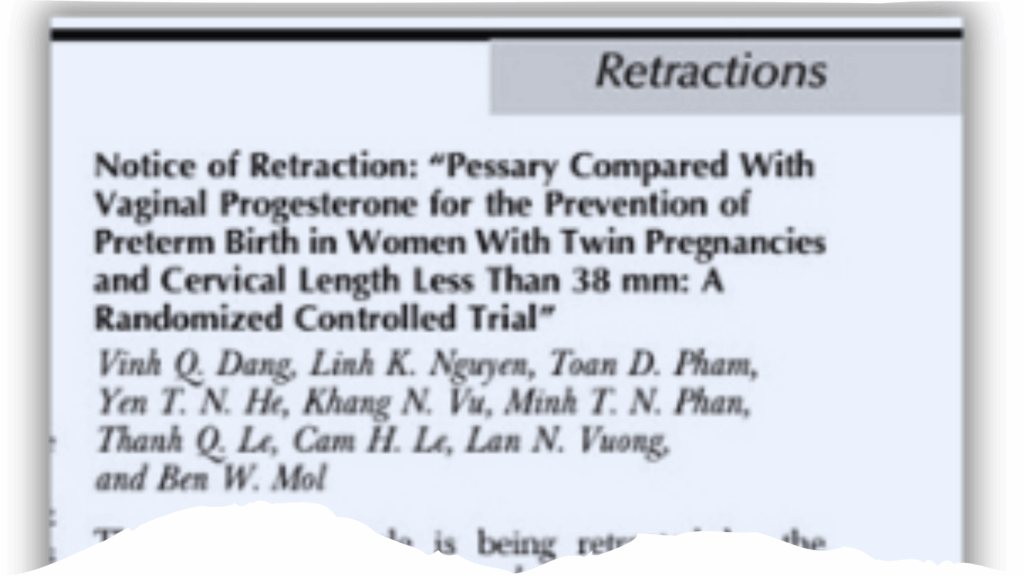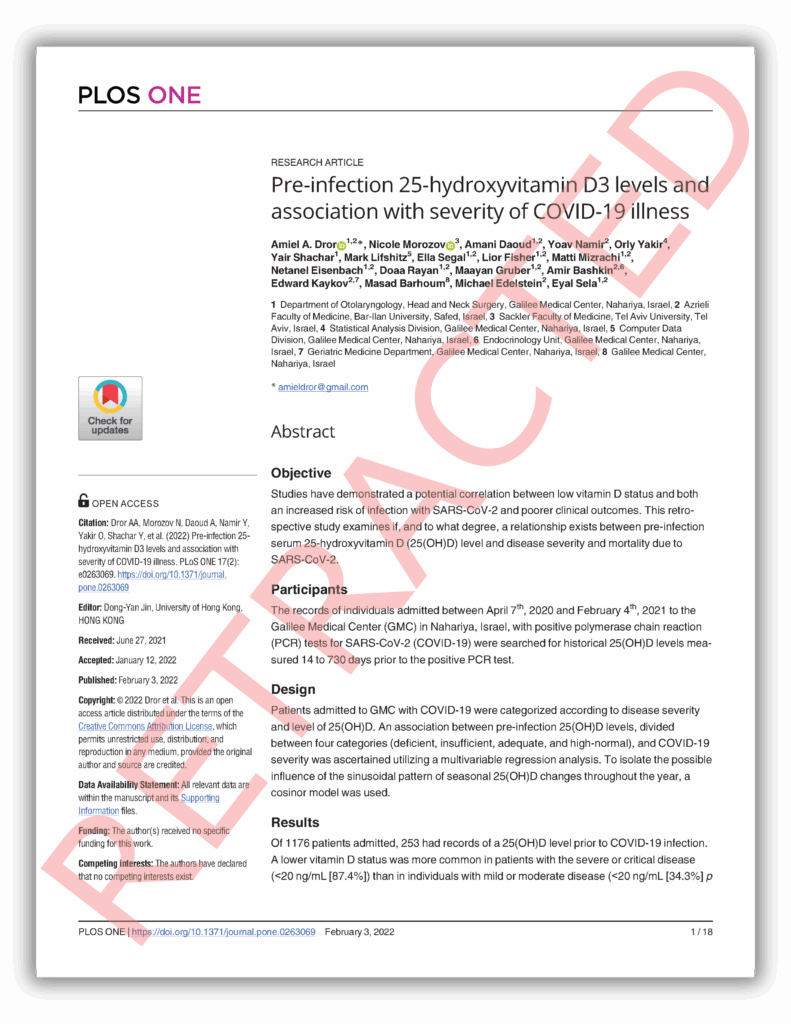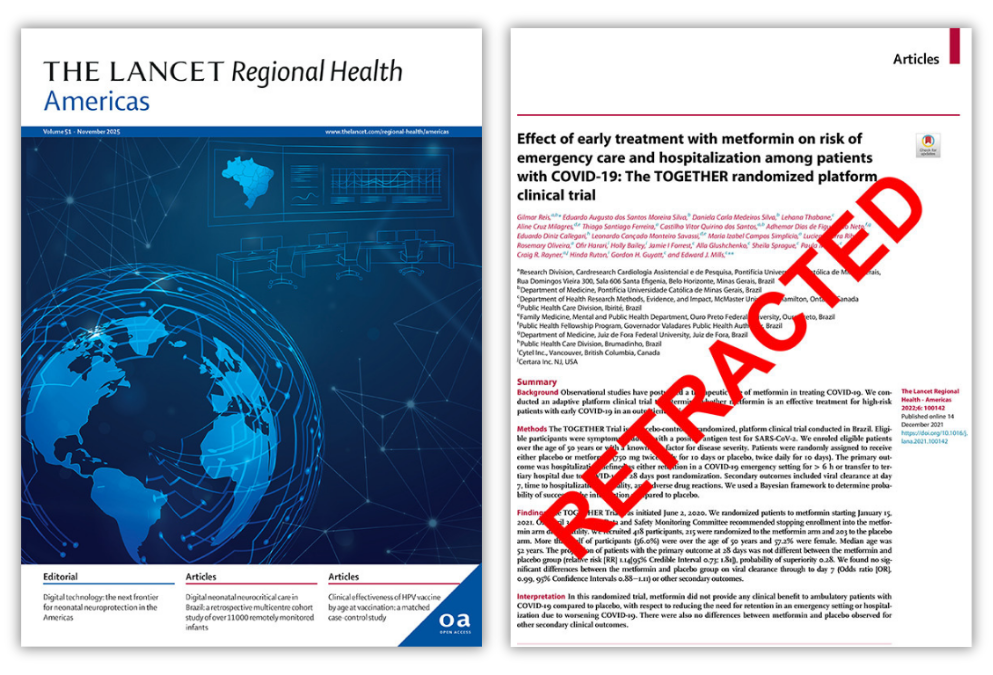
A paper on a clinical trial of metformin for the treatment of COVID-19 has been retracted nearly two years after the authors flagged data issues that resulted in an expression of concern.
The results of the Brazil-based TOGETHER trial, published in December 2021 in The Lancet Regional Health–Americas, found metformin was no better than placebo at improving health outcomes in people with COVID-19. The study has been cited 45 times, 25 of which came after the expression of concern was published, according to Clarivate’s Web of Science.
Early observational studies in people with COVID-19 found positive effects of metformin, an oral medication most often used for type 2 diabetes, including reduced disease severity and mortality rates. But clinical trials, including the now-retracted study and a more recent randomized trial, found no differences in time to recovery or disease severity between patients who got metformin and those who received placebo.
Continue reading Lancet journal retracts COVID-19 metformin paper nearly 2 years after authors request correction